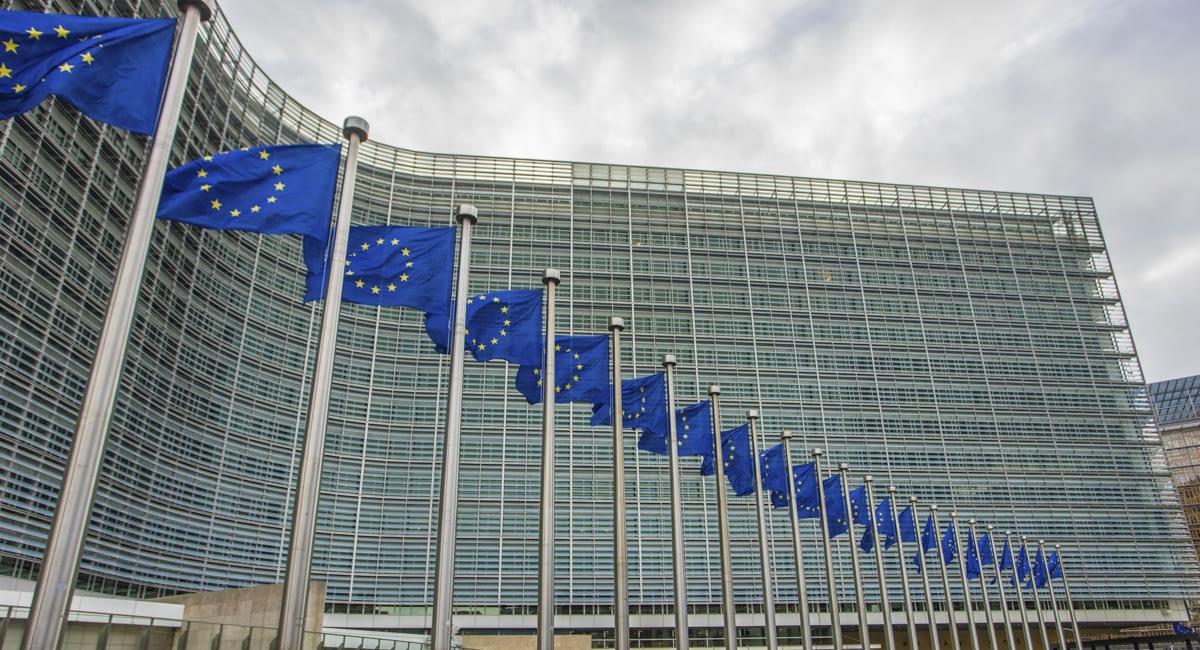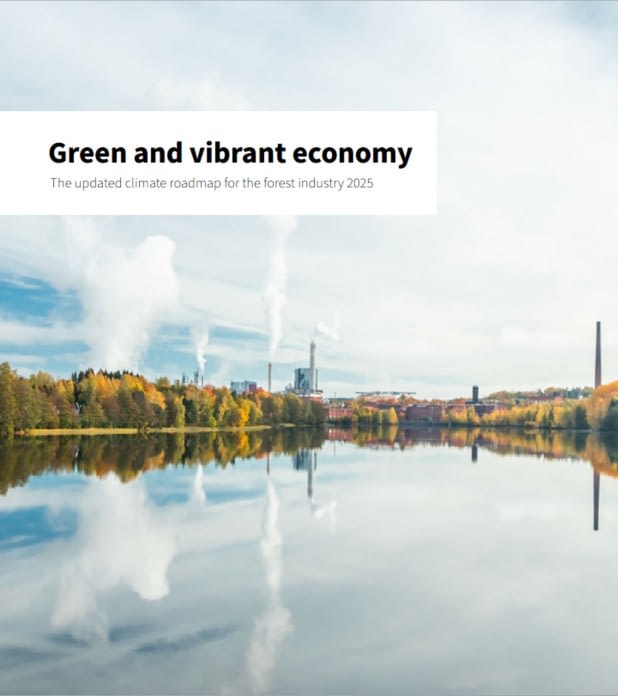The Packaging and Packaging Waste Regulation (PPWR) is taking shape in its final form before transitioning to be implemented by member states. The outcome of the negotiations can be seen as, at the very least, a significant step forward if not a modest victory, for fiber-based packaging.
On Monday March 4th, in the trilogue negotiations, the European Parliament and the Council of the EU reached a preliminary agreement on the content of the regulation. From the perspective of the forest industry, one of the key achievements of the negotiations was more equal balance between recycling and reuse. As an example, well-circulating cardboard packaging was by default left out from reuse targets of transport, group, and commerce packaging. Furthermore, certain transportation and sales packaging tailored to individual customer needs were also exempted from these requirements. In the last meters of the negotiations, a possibility to deviate from the reuse goals if the packaging material exceeds the recycling targets set for it by 5% was also added to the regulation.
Take-away food and beverage packaging for hotels, restaurants, and catering services (HoReCa sector) were also removed from the scope of the reuse targets. However, if the regulation proceeds as planned, HoReCa sector operators will be required to serve food and beverages in customers’ own containers upon request. There will also be a reuse obligation for sales packaging of various beverage. With that, starting from 2030, distributors such as stores must have at least 10% refillable beverage containers in their selection. This obligation does not apply to wines or easily perishable beverages such as milk.
Knowledge and ambition must go hand in hand
Regarding long-term goals, the stance of the Parliament and the Council shifted to a more moderate approach, as the reuse targets extending to 2040 are now seen as aspirations rather than commitments. The removal of long-term reuse targets makes sense, because the overall environmental impacts of increasing reuse need to be thoroughly understood before setting overly ambitious goals.
There were also positive changes to the bans on packaging types. The bans, which will come into effect in 2030 for small fruit and vegetable packaging as well as packaging for foods and beverages filled and consumed within the premises in the HoReCa sector were limited to single-use plastic packaging only. Plastic packaging is not precisely defined in the regulation, but the policy accelerates the development towards plastic-free packaging in any case. However, the regulation’s technically challenging requirement for the use of recycled plastic in plastic packaging and their parts remained in force. The possibility to use bio-based plastics to replace recycled plastic will be outlined in the near future.
Although the PPWR remains ambitious as a whole, it is now more feasible from the perspective of the forest industry. The final result is always a compromise, but towards the end, the regulation progressed in a better direction. Next, the regulation will proceed to the final approval of the Parliament and the Council, which is expected to take place by the end of April. The Finnish Forest Industries Federation (FFIF) wants to thank both the governmnet and especially the Finnish MEPs for the active dialogue and influencing the regulation’s key concerns for the industry.







